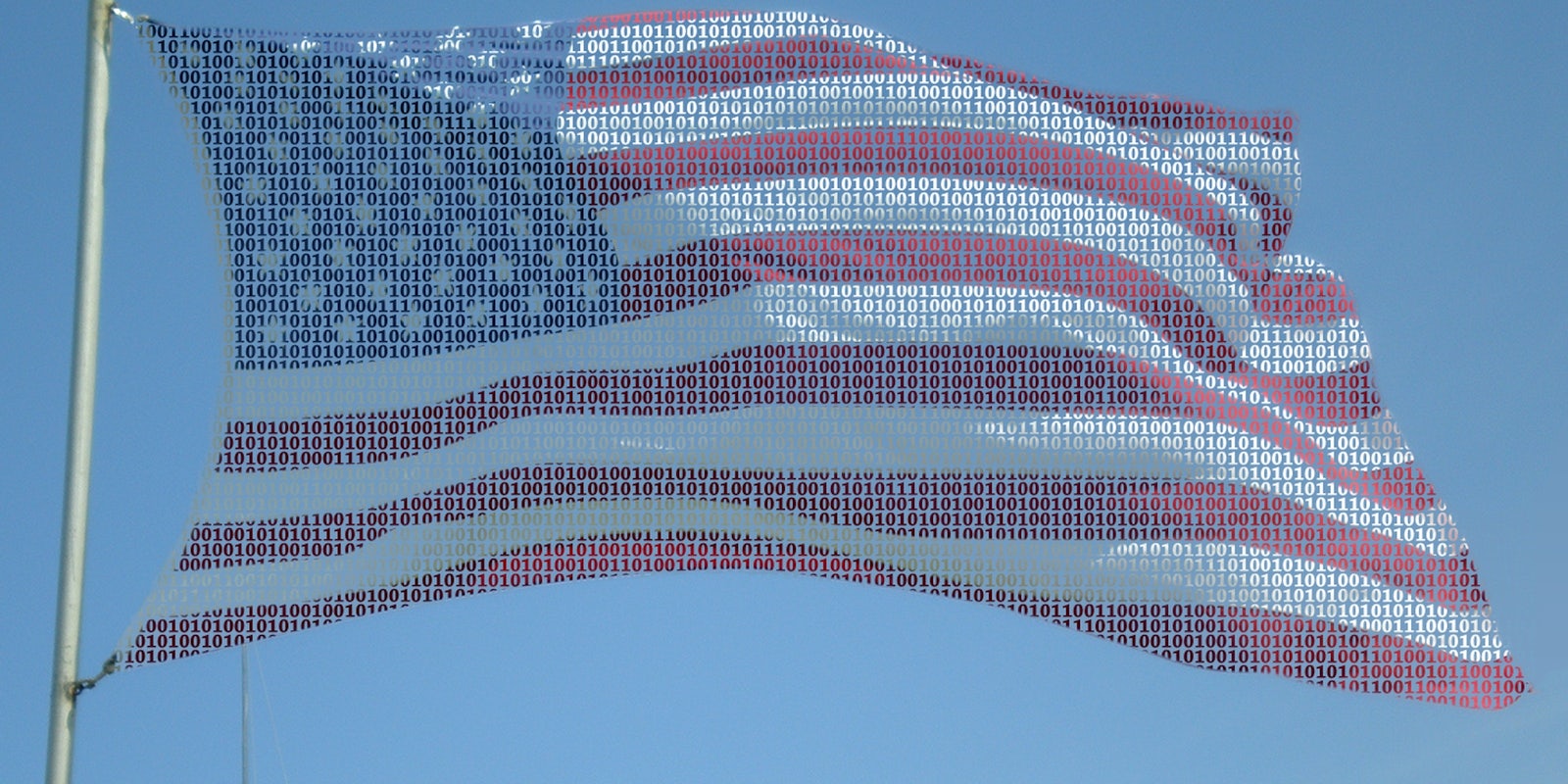The USA Freedom Act, privacy advocates’ favorite bill to reign in the National Security Agency, is finally ready to move forward in Congress.
The House Judiciary Committee will finally take on the hyperbolically-named bill, which has languished since October, on Wednesday afternoon.
Introduced by Patriot Act author Jim Sensenbrenner (R-Wis.)—which is ironic, given that the Patriot Act gave the NSA a great deal of legal leeway in the aftermath of 9/11—the USA Freedom Act would introduce a number of reforms, like declassifying some secret court rulings and reducing the number of users the NSA can track from an established target: Instead of three “hops,” it’ll only be allowed to track two.
It would also largely ban the most talked about NSA program, and the first one introduced by former contractor Edward Snowden, to end the agency’s bulk collection of American phone calls. The White House has previously announced its support of ending that program.
While privacy advocates universally prefer the USA Freedom Act to the House Intelligence Committee’s competing bill, the FISA Transparency and Modernization Act, neither have a free pass. An enormous coalition of groups—ranging from public advocates like the Electronic Frontier Foundation and ACLU to companies like Google and Reddit—have publicly supported Sensenbrenner’s bill.
Sensenbrenner will also introduce an amendment to his own bill. One of those groups, the Center for Democracy and Technology, praised the amendment for “requiring ‘specific selection terms” when an intelligence agency searches call records, a de facto “prohibition” on collecting phone metadata in bulk.
Not to be outdone, the FISA Transparency and Modernization Act is nipping at its competitors’ heels. The House Intelligence Committee has announced plans to mark up its own bill, too.
Photo via BrokenSphere/Wikimedia Commons (CC BY SA 3.0) | Remix by Jason Reed


